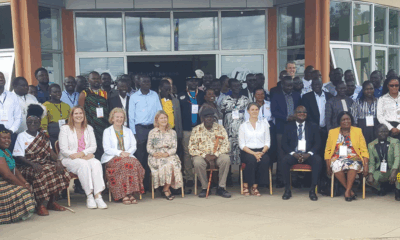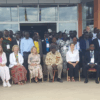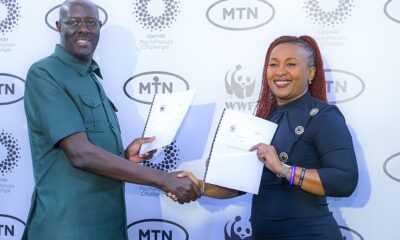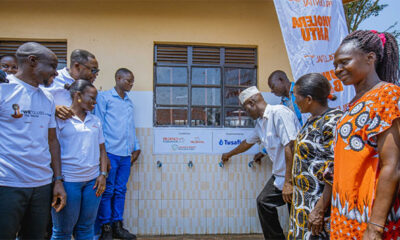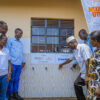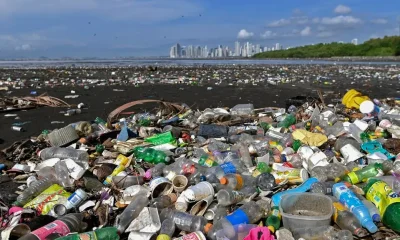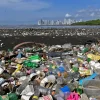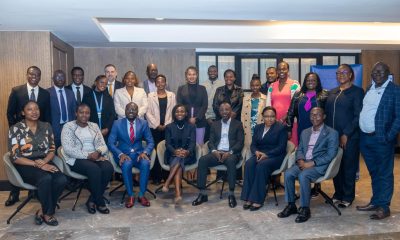Climate Change
Global Energy Independence Day: Equity Bank’s Commitment to Energy Sustainability
As the world marks Global Energy Independence Day 2025 on July 10th 2025, Equity Bank Uganda is leading the charge toward sustainable energy access with its bold commitment to clean energy financing.
The bank has emerged as a key driver of clean energy access through its transformative Equi-Green credit facility. The program offers affordable financing for solar energy systems, clean cookstoves, water storage tanks, and solar-powered irrigation schemes. This has empowered communities to shift away from non-renewable sources of energy such as charcoal, kerosene, and firewood to cleaner, renewable alternatives.
Since its launch in 2022, the Bank has disbursed the Equi-Green credit facility worth over UGX 22 billion. More than 51,000 clean energy products have been distributed to households, small businesses, and institutions across the country, significantly improving energy access and air quality while reducing Uganda’s carbon footprint.
This year’s Global Energy Independence Day theme, “Empower Local, Power the Planet” echoes through Equity’s work. By providing flexible loans starting from UGX 200,000 and partnering with over 18 clean energy providers, the Bank ensures even low-income households in rural areas can access high-quality, sustainable energy solutions.
The benefits go beyond light and power. In schools and health centres, solar systems funded through Equi-Green have increased safety and productivity. Clean cookstoves have reduced smoke inhalation risks, while water tanks are supporting better hygiene.
This July, as Uganda celebrates its progress on the journey toward energy independence, Equity Bank stands as a shining example of how financial institutions can be powerful enablers of green transformation by making clean energy affordable, accessible and sustainable.
By doing this, Equity Bank is also supporting the efforts of the Uganda Government, which has demonstrated a strong and ongoing commitment to achieving energy independence through a multi-faceted approach that balances oil and gas development with the advancement of renewable energy resources and infrastructure.
This commitment is reflected in Uganda’s Energy Transition Plan (unveiled in 2023) and the National Development Plan IV (2025-2030), which prioritise energy access, affordability, and sustainability, alongside leveraging its oil and gas potential and significant renewable energy resources.
Comments










